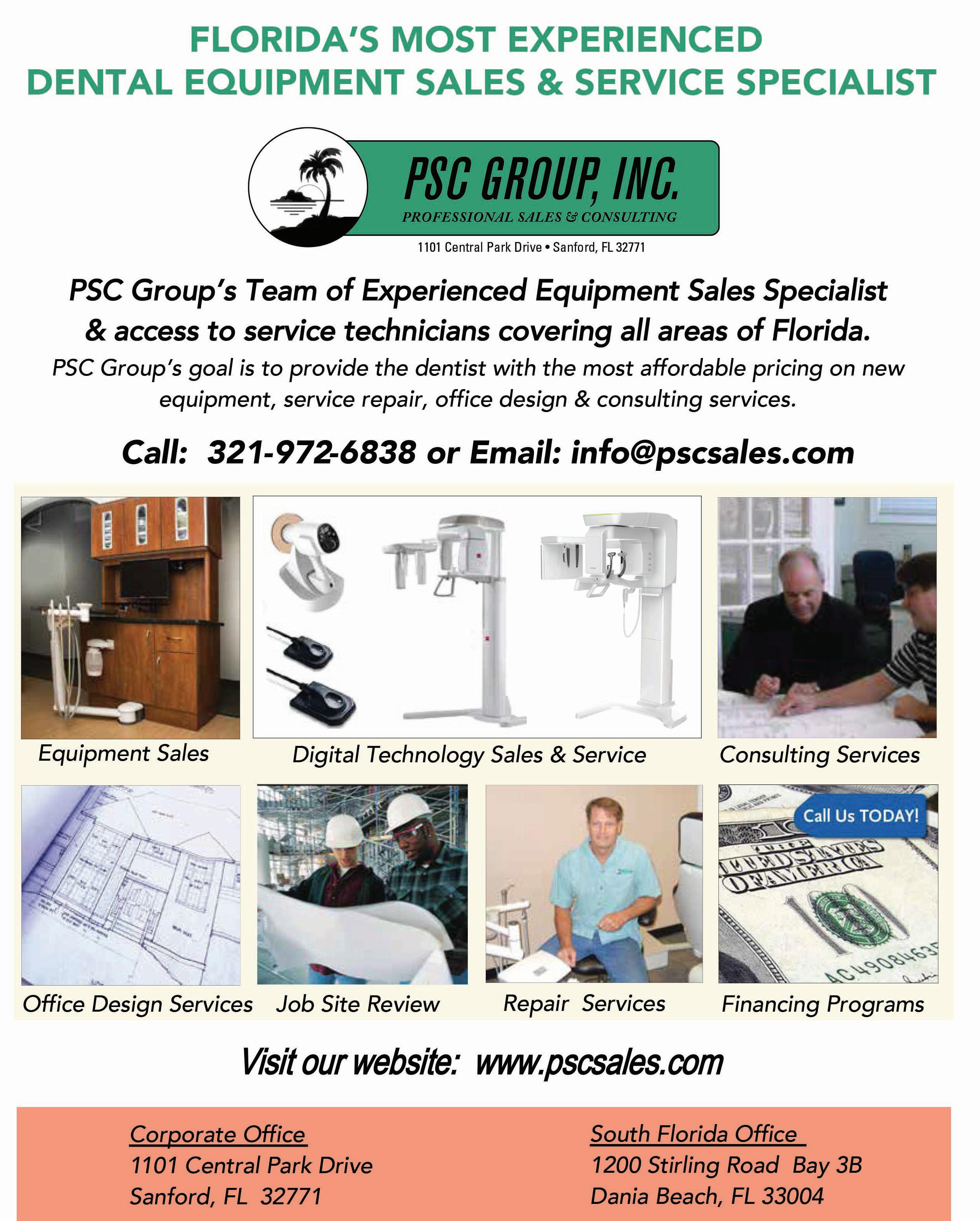
7 minute read
Top 10 Misconceptions Health Care Providers Have About Leasing or Purchasing Their Office Space
By Derek Housh, CARR
It can be difficult to discern fact from fiction when dealing with commercial real estate deal points. A misunderstanding of these key issues can have serious consequences for your practice. The following information should help dispel some common misconceptions and prevent costly mistakes in your next negotiation.
Misconception #1: Your renewal is not negotiable
Most leases provide an option for the tenant to renew their lease when it expires, and may even detail the exact terms of the renewal. However, it is important to understand that your renewal is negotiable, even if you have renewal terms specified in your current lease. A landlord who says you cannot renegotiate the terms for your renewal is usually doing so because they can get you to pay more by exercising the option to renew instead of negotiating new terms. The only way to be certain you have the best possible terms for your renewal is to compare those terms with current market rates in the area, a vital step often missed by health care professionals entering this process alone.
Misconception #2: The landlord is on your side
Many landlords attempt to befriend their tenants, making it difficult for tenants to remember the landlord’s primary goal is financial gain. They are seeking to secure a lease with the tenant paying as much as possible. Even the friendliest landlord wants to make the maximum profit on his space, just like the nicest tenant seeks the lowest possible lease rate so his business can thrive. Financial burdens quickly arise for tenants who place undue trust in their landlord and fail to properly negotiate their lease. By having representation, you can learn how your lease compares to the market and ensure you are getting the best possible terms.
Misconception #3: You are not entitled to representation
Some landlords employ intimidation, instead of friendliness, to achieve their goal. The intimidation tactics may include telling tenants they are not allowed to have representation. This is not true. Lease negotiations are different than negotiating the price of a car or trying to haggle for a better price at a flea market. They are complex transactions, layered with hidden opportunities for landlords to take advantage of anyone not represented by an expert. Landlords are professionals who are aware of these complexities. If a landlord says you are not allowed to have representation, that is a clear signal they do not respect your desire to be treated fairly.
Misconception #4: You are already getting the best possible rate for your space
There are many conditions that factor into lease rates for a commercial space. Things such as current building vacancy, length of the lease, amount of tenant improvement allowance, building condition and many other considerations impact the appropriate rate for a particular space. Several of these considerations are specific to spaces for health care tenants, highlighting the need for a real estate professional who has expertise in health care. Health care practices are often told they are getting the best possible rate for their space, yet they can receive a much better offer from the landlord when an expert assesses these mitigating factors.
Misconception #5: You have no other options; the landlord has many
This common myth might be the most important to address, because it is fundamental to how landlords operate. The landlord wants you to believe that his property is the only suitable location for your practice. The truth is there are likely several other properties that would fit the needs of your practice, and the landlord should be competing to keep you in his building.
The landlord also wants you to believe he has several potential tenants ready to occupy your space if you don’t take it. This position is used to force a tenant to rush into signing an unfavorable lease, when, in fact, it usually takes months or years to fill a commercial space. Each leasing situation is unique, and a healthcare real estate professional who knows your strengths as a tenant can help you understand what type of leverage you have.
Misconception #6: My Lease is keeping me from purchasing or building new construction
Have you ever said, “as soon as my lease ends, then I’ll…” If you think your lease is preventing you from taking the next steps in growing your practice, it’s not. Most people think the costs and penalties associated with breaking a lease are too much to consider. However, that isn’t always the case. Consider the following: construcion matertials, labor, interests rates and real estate have steadily increased since 2015. Waiting even one year on new endeavour could cost you hundreds of thousands of dollars more from one year to the next. Additionally, in that time of waiting you might lose your desired location or be too late to market to find competition who beat you there. Lastly, how much revenue could you be losing the extra oporatories or patient base? Those factors combined make it worthwhile to not wait when it comes to planning for your future growth.
Misconception #7: Owning commercial real estate is always better than leasing it
Owning a home can create one of your largest assets and is typically seen as a relatively safe investment opportunity. Conventional wisdom says the same is true for medical real estate as there are legitimate benefits to owning, such as paying down the loan principal and building equity, receiving loan interest, propt
erty tax deductions and more. However, you need to consider the following: Are you located where you want to be for the next 10 to 15 years? Is your leased space in a higher trafficked area than where you are considering purchasing? Are there purchase opportunities in your desired area? Does your current space allow for expansion? The answers to these questions and many others have direct impact on if it’s better to lease or purchase your space.
Misconception #8: Landlords don’t give concessions on renewals
Has your landlord ever told you they don’t offer concessions on lease renewals? If so, you’re not alone. Why would a landlord say that? It’s simple, if they can get away with it and save tens to hundreds of thousands of dollars by giving an objection that you accept, then why not try? Would a landlord say that to a “big-box” tenant? No, because they know they couldn’t get away with it due to the number of deals a “big-box” company transacts. Simply put, the landlord is banking on you not having representation or being unwilling to push back.
Misconception #9: You don’t need an agent if you have an attorney
Your real estate agent should not be giving you legal advice and your attorney should not be telling you what building or space to choose, how much to pay, or negotiating terms for you. Lease and purchase contracts are legally binding documents and should always be handled by an attorney who understands real estate law to review, advise and protect you. Your real estate agent should not be drafting language in a binding contract. Similarly, unless an attorney spends 40 to 50 hours per week evaluating the market and negotiating on properties, he or she is likely unqualified to act as your real estate agent.
Misconception #10: You can save money negotiating your own real estate without a tenant or buyer agent
Listing agents frequently insinuate or make this comment with the goal of keeping the tenant or buyer uneducated about their medical real estate. An uneducated tenant or buyer means more money for the owner and listing agent. In most cases, when a tenant or buyer does not have a healthcare real estate agent, the listing agent will get paid the full commission set aside for both brokers who close a transaction. Listing agents are incentivized to get the highest price, lowest concessions and to work alone. Sometimes the owner will simply pocket that money. This leaves the tenant or buyer in a position where they do not save money at all, and what’s worse, they typically receive a substantially inferior deal by paying more and receiving fewer concessions than they should have. Landlords are in the business of making money and real estate negotiations are how they do that. It’s common for a landlord and listing agent to put together a “padded offer” that contains a lot of room for negotiation that provides the illusion to the tenant of receiving a good deal but in reality was the landlord’s strategy all along. Going without representation typically results in the tenant or buyer losing money and receiving substantially inferior terms.
Using a real estate professional with expertise in health care will help protect you from falling victim to these and other common misconceptions.
CARR is the nation’s leading provider of commercial real estate services for healthcare tenants and buyers. Every year, thousands of health care practices trust CARR to achieve the most favorable terms on their lease and purchase negotiations. CARR’s team of experts assist with start-ups, lease renewals, expansions, relocations, additional offices, purchases and practice transitions. Health care practices choose CARR to save them a substantial amount of time and money; while ensuring their interests are always first.
Visit CARR.US to learn more and find an expert agent representing health care practices in your area.









